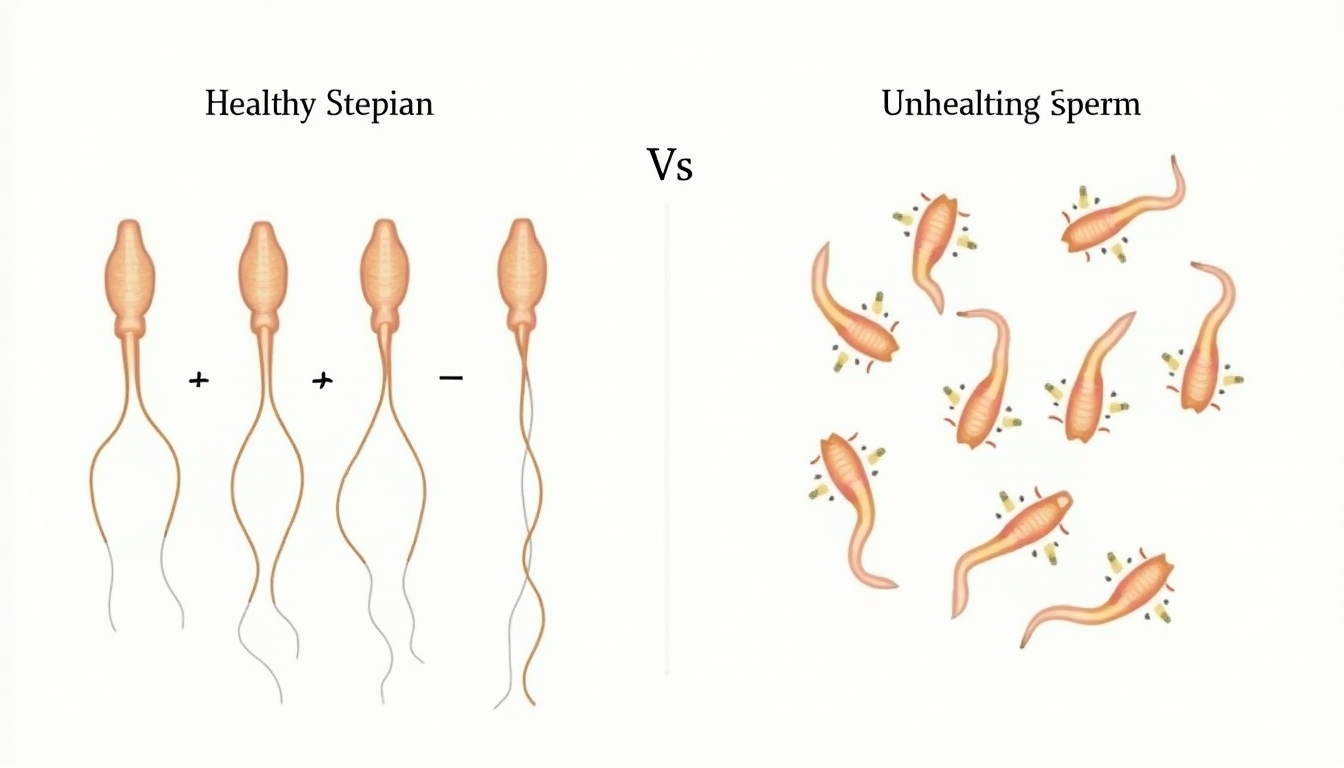Fertility Treatments and Lifestyle Changes: A Comprehensive Guide
Dec. 14, 2024, 5:05 p.m.
Understanding Fertility Treatments and Lifestyle Changes
Fertility treatments, coupled with lifestyle changes, can significantly improve the chances of conception for many couples. This article explores both traditional and holistic approaches to overcoming infertility, offering insights into male infertility and impactful lifestyle adjustments.

The Journey Through Fertility Treatments
Fertility treatments are designed to assist couples who have been trying to conceive without success. While each case is unique, common treatments include in vitro fertilization (IVF), intracytoplasmic sperm injection (ICSI), and intrauterine insemination (IUI). These methods have helped countless families welcome children into their lives, with success often depending on various factors including age and health.
| Fertility Treatment | Description |
|---|---|
| IVF | A process where eggs are fertilized outside the body and the resulting embryos are transferred to the uterus. |
| ICSI | Direct injection of a single sperm into an egg to assist fertilization, often used when male infertility is a factor. |
| IUI | Sperm is directly inserted into the uterus around ovulation time, increasing the chances of egg fertilization. |
| Fertility Drugs | Used to stimulate ovulation, such as Clomiphene and Gonadotropins, which help in producing more eggs for fertilization. |
Understanding these treatments involves learning about their procedures, risks, and success rates, often discussed in consultation with fertility specialists.

Lifestyle Changes That Support Conception
Adopting certain lifestyle changes can also boost fertility. These include maintaining a balanced diet, regular exercise, and managing stress levels. Nutrition plays a crucial role; nutrients like folic acid, zinc, and selenium are known to support reproductive health.
Furthermore, reducing caffeine and alcohol intake, quitting smoking, and ensuring adequate sleep can significantly impact fertility. These changes are beneficial for both partners, as male infertility is often overlooked but equally important.

Personal Insights and Experiences
Many couples share that making these lifestyle changes alongside their fertility treatments provided renewed hope. "There were times we felt lost," recalls Julia and Mark, a couple who tried IVF three times. "Incorporating yoga and a plant-based diet wasn't just about getting pregnant; it was about feeling better in our bodies and minds."
Addressing Male Infertility
Male infertility factors contribute to nearly half of all infertility cases, yet they often go undiscussed. Conditions like low sperm count, poor sperm motility, or lifestyle-related causes are frequent culprits. Simple tests can diagnose these issues, and lifestyle changes can promote sperm health.
Men are encouraged to monitor their health by avoiding excessive heat exposure (like hot tubs), maintaining a healthy weight, and managing stress through exercises such as meditation and tai chi.

Conclusion
Combining fertility treatments with lifestyle changes improves the chances of conception for many couples. By pursuing natural approaches alongside medical interventions, hopeful parents are better equipped to tackle the emotional and physical challenges of infertility.